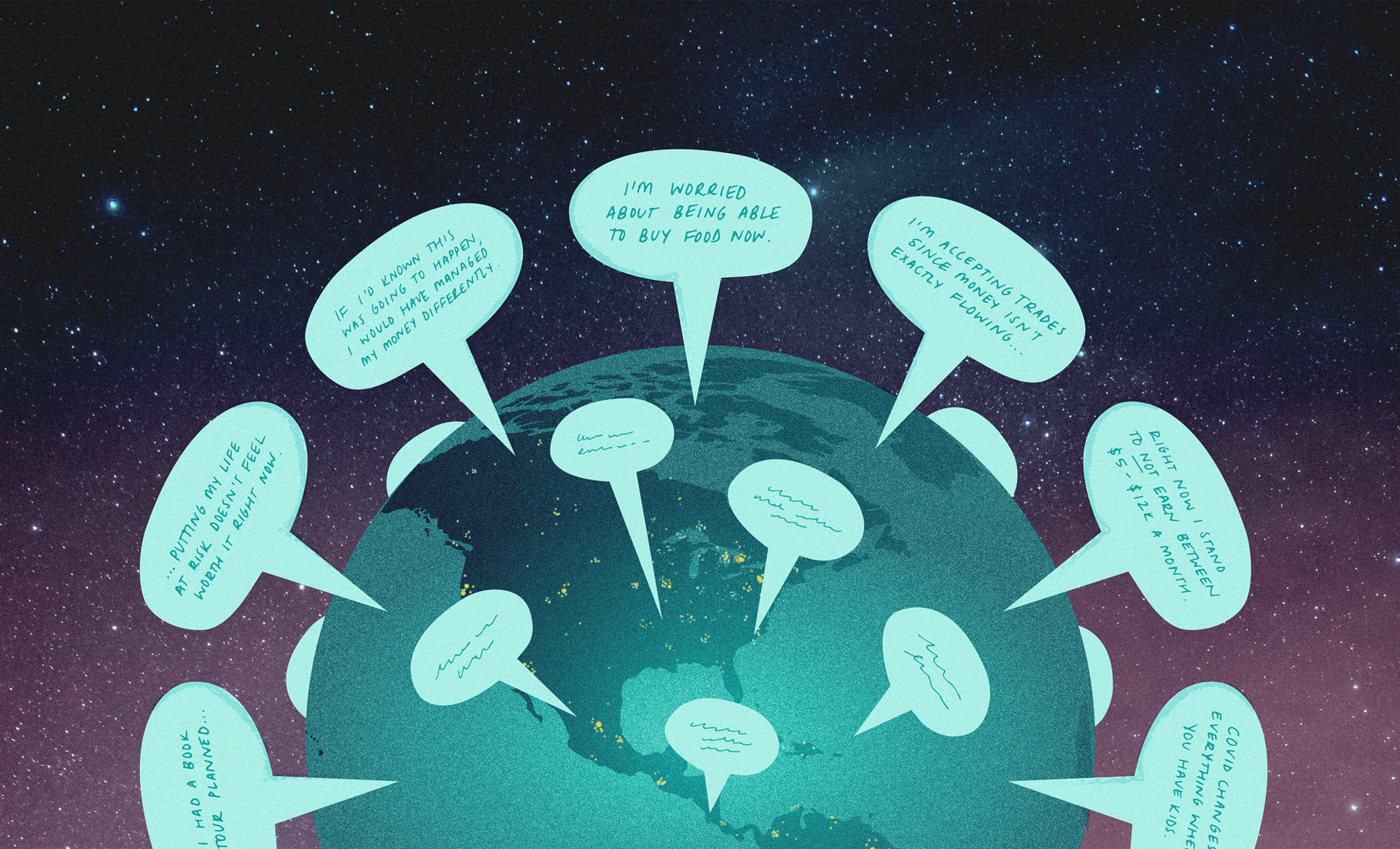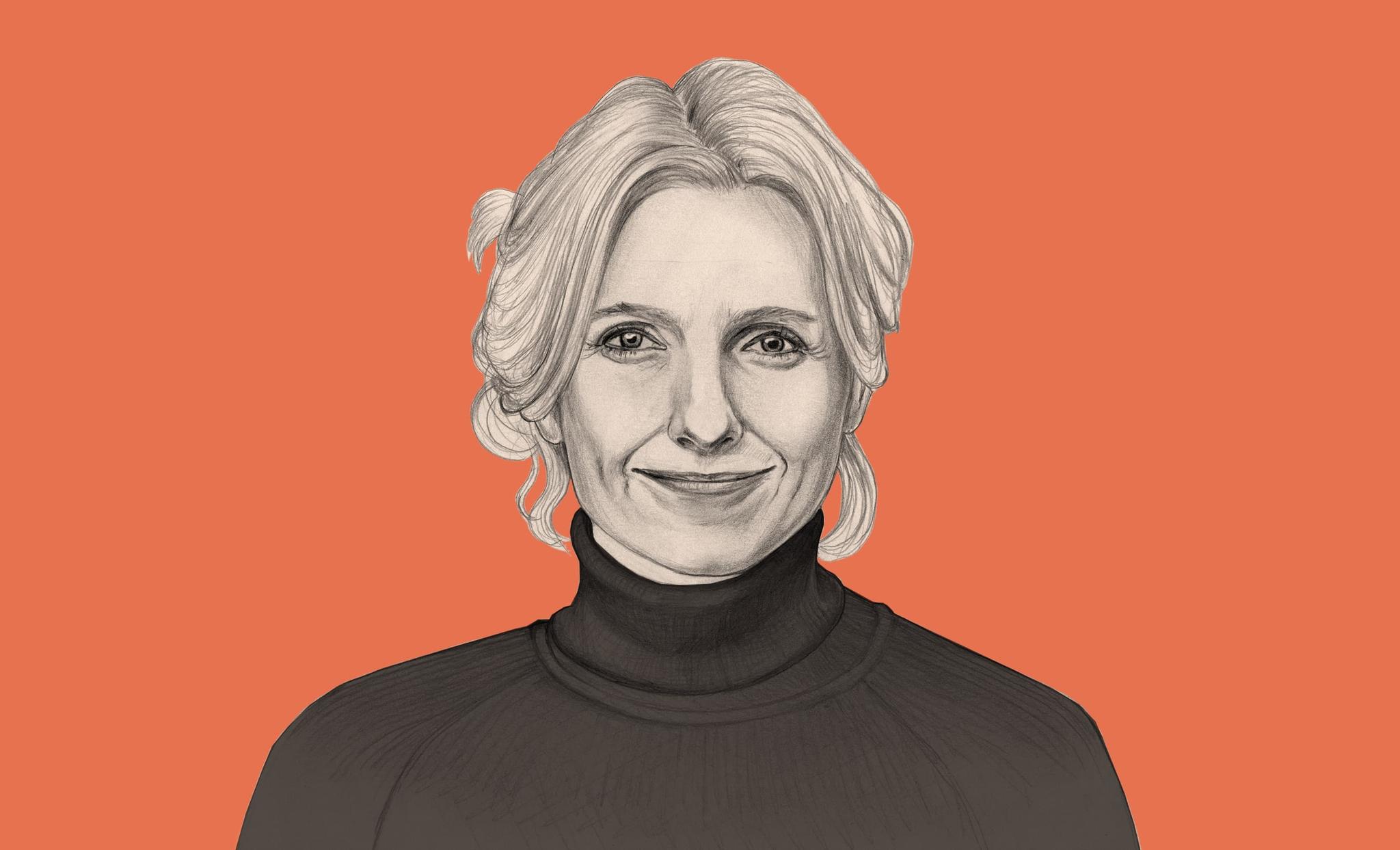
Money Diaries
Author of “Eat, Pray, Love”: Giving Your Money to Friends Can Backfire
Elizabeth Gilbert explains how coming into a fortune can lead to unexpected consequences.
Wealthsimple makes powerful financial tools to help you grow and manage your money. Learn more
Wealthsimple is a whole new kind of investing service. This is the latest installment of our recurring series “Money Diaries,” where we ask interesting people to open up about the role money has played in their lives.
I've thought about money my entire conscious life. Both my parents had real anxiety about money. My mother grew up on a very financially strapped dairy farm in Minnesota, and every season her family wondered if they were going to lose the farm. So she developed a particular fear of debt and financial dependency, and a fear of raising a woman in the world who would not be able to take care of herself. So to me the message was: You have to find a way to support yourself in the world. We'll take care of you until you're 18, and then that's it; you're an adult. The biggest lesson of our childhood was frugality plus self-sufficiency.
I didn't like being the rich lady sitting on the top of the hill in the biggest house in town.
When I was eight or nine, my parents actually sat me down and drew a chart explaining how expensive college was, and they explained what percentage they would be able to pay and how I would have to make the rest of it myself. So by the time I was nine, I was already like, Damn, I’ve got to make some money. Eat, Pray, Love definitely gave me a financial independence that very few creative people get to have. But it also came with a sense of great responsibility.

Sign up for our weekly non-boring newsletter about money, markets, and more.
By providing your email, you are consenting to receive communications from Wealthsimple Media Inc. Visit our Privacy Policy for more info, or contact us at privacy@wealthsimple.com or 80 Spadina Ave., Toronto, ON.
Rule number one for me was: Don't lose it; don’t pull a Mike Tyson. Don’t go crazy. There is no amount of money so huge that a person can't blow through it if they aren't thinking straight. I think I inherited in my DNA a deep constitutional fear of losing the farm, and every once in a while I still have to remind myself that there is no farm to lose.
That said, now that I do have money, I don't deny myself lovely things. My tastes don't naturally run to the over-luxurious, though I did dabble in it a bit. When Eat, Pray, Love first came out and I got the big check, I bought a big house, a five-bedroom Victorian with a wraparound porch in this small town in New Jersey. I put a ton of money into making it really magnificent. I spent four years restoring it, putting in amazing gardens, a new kitchen and bathrooms and steam baths, and a huge library. It was stunning—I mean really beautiful. But I never truly felt very comfortable there. I didn't like being the rich lady sitting on the top of the hill in the biggest house in town. It made me feel disconnected. I felt as if I were living in a house that belonged to somebody else.
Right after I finished the house, a friend of mine came to visit and said the most dangerous thing you can say to someone with the heart of a traveler. She said, “Well, now that you've made this house so beautiful, you can never leave.” And I was like, To hell with that. Of course I can leave. In fact, I'm going to leave this week. I immediately put the house on the market. And not only did I leave, but I sold it with all the furniture and 90 percent of my books. We moved a quarter mile down the road to the village into a very sweet house that feels like the kind of place where normal people live. I just feel a lot more comfortable in it.
Recommended for you
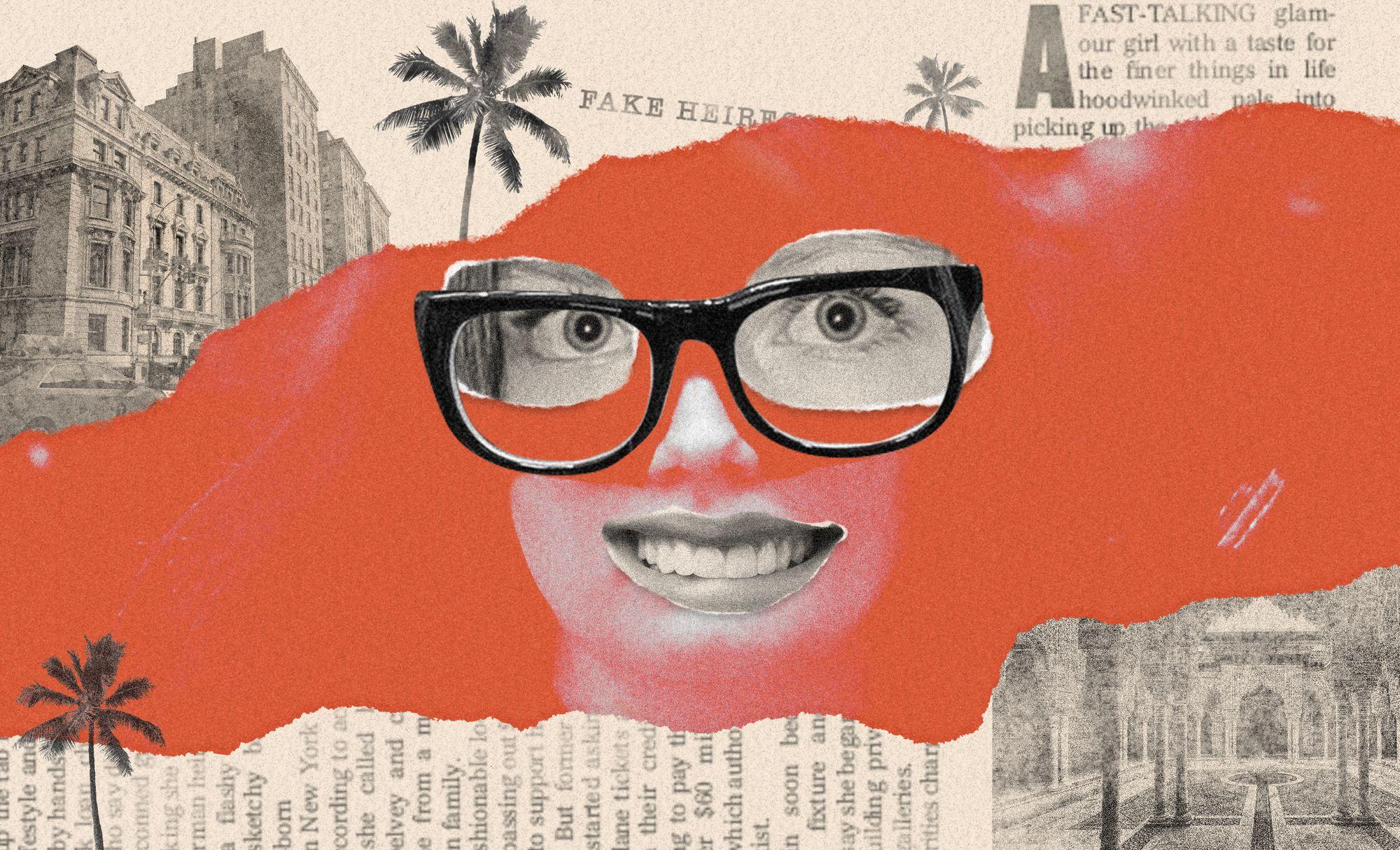
How I was Conned by the “Fake German Heiress”
Money Diaries
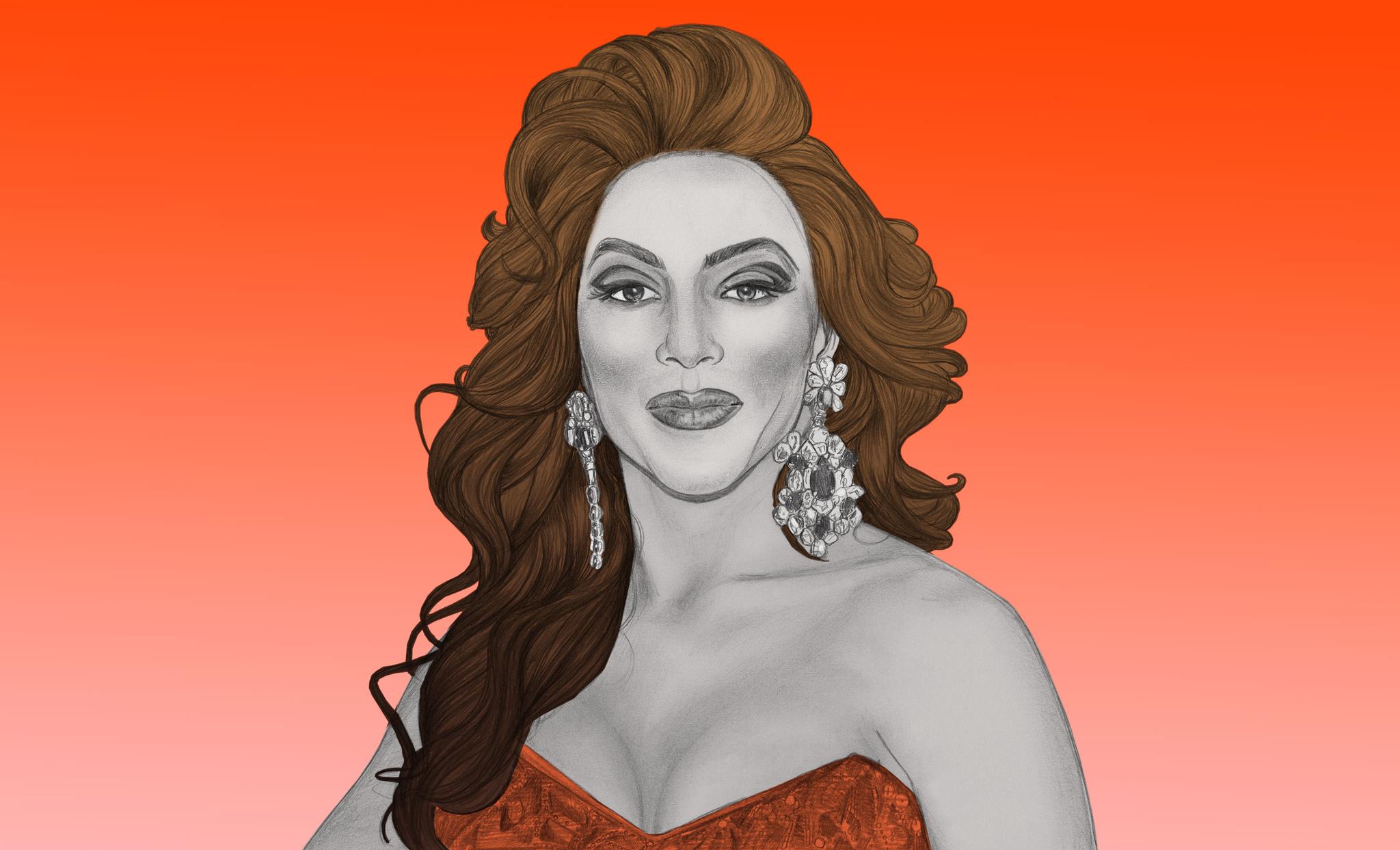
Shangela Would Like to Remind You to Tip Your Drag Queen
Money Diaries
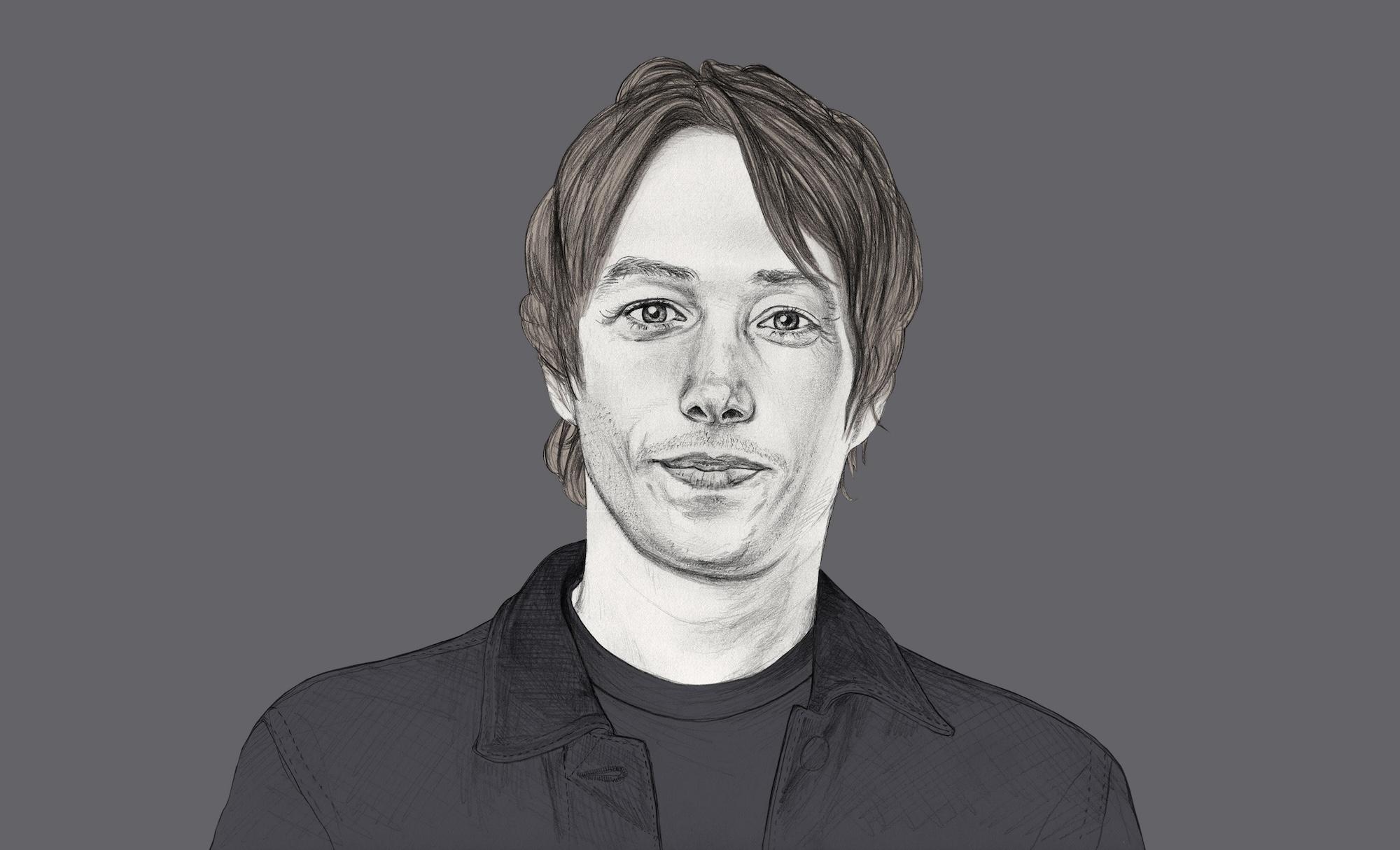
To Win Four Oscars, Sean Baker Had to Go Broke Again and Again
Money Diaries

She Was Living in a Shelter Six Years Ago. Now She’s the CEO of Her Own Beauty Company
Money Diaries
The most difficult and challenging part for me about suddenly coming into a giant pile of money was that I initially felt that I had to redistribute it among all my friends. I felt I had always been an artist living close to the bone, and I have so many friends who were living the same way. So I felt like, Wow, I got so lucky. This should be all of our good fortune. So I gave a lot of money away to friends of mine.
By giving money to my friends, I entered into their private lives far more intimately than I should have done.
That had mixed results. In many cases, I had to really argue with some of my friends, to make them take the money, because wisely some of those people said, “This is going to really change our relationship.” But I said, “No, it won't. Just consider it a friendship dividend.” I'm such a utopian; I never anticipate bad results.
Then weird things happened. Fifty percent of my gifts ended up being gratifying and wonderful. Some people were able to take leaves of absence from their jobs to finish creative projects. I helped a friend who was going through a breakup finance a place to live because I remembered how scary it was financially when I went through my own divorce. I was able to help with the medical bills of a friend whose child was sick. That was all so satisfying.
But I lost some friendships, too. I didn’t realize that if you give someone money, you feel like you have the right to judge that person, as a sort of an investor in their life. If you paid off somebody's credit card debt and then they started running up credit card debt again, you might feel like, Why are you doing this? Or why did you just buy that expensive car when I know you can't pay your mortgage? Or why don't you go get a day job, so you won't be so strapped? By giving money to my friends, I entered into their private lives far more intimately than I should have done. Suddenly a bunch of stuff became my business that should never have been my business in the first place. I totally take responsibility for it, but I genuinely didn't know better at the time. Some of it, I wish I could go back and undo—in order to have those relationships intact and peaceful again.
I try not to mix money with friendship anymore. These days, I prefer to give my money to established and effective charities with long, proven practices of distributing wealth effectively.They're better at it than I am. Almost everything that I'm leaving in my will, for instance, is going to the charities that I admire, mostly ones that support national and international women's reproductive health and women's health resources, like Planned Parenthood. I'm passionate about the advancement of women in the world, and history has proven that until women can control their fertility, they can't control their lives. I can't think of a better legacy to leave behind than to help other women around the world achieve the same sort of autonomy and possibility that I've been lucky enough to enjoy, and to prosper from.
As told to Andrew Goldman exclusively for Wealthsimple. Illustration by Jenny Mörtsell. We make smart investing simple and affordable.
Wealthsimple's education team is made up of writers and financial experts dedicated to making the world of finance easy to understand and not-at-all boring to read.

